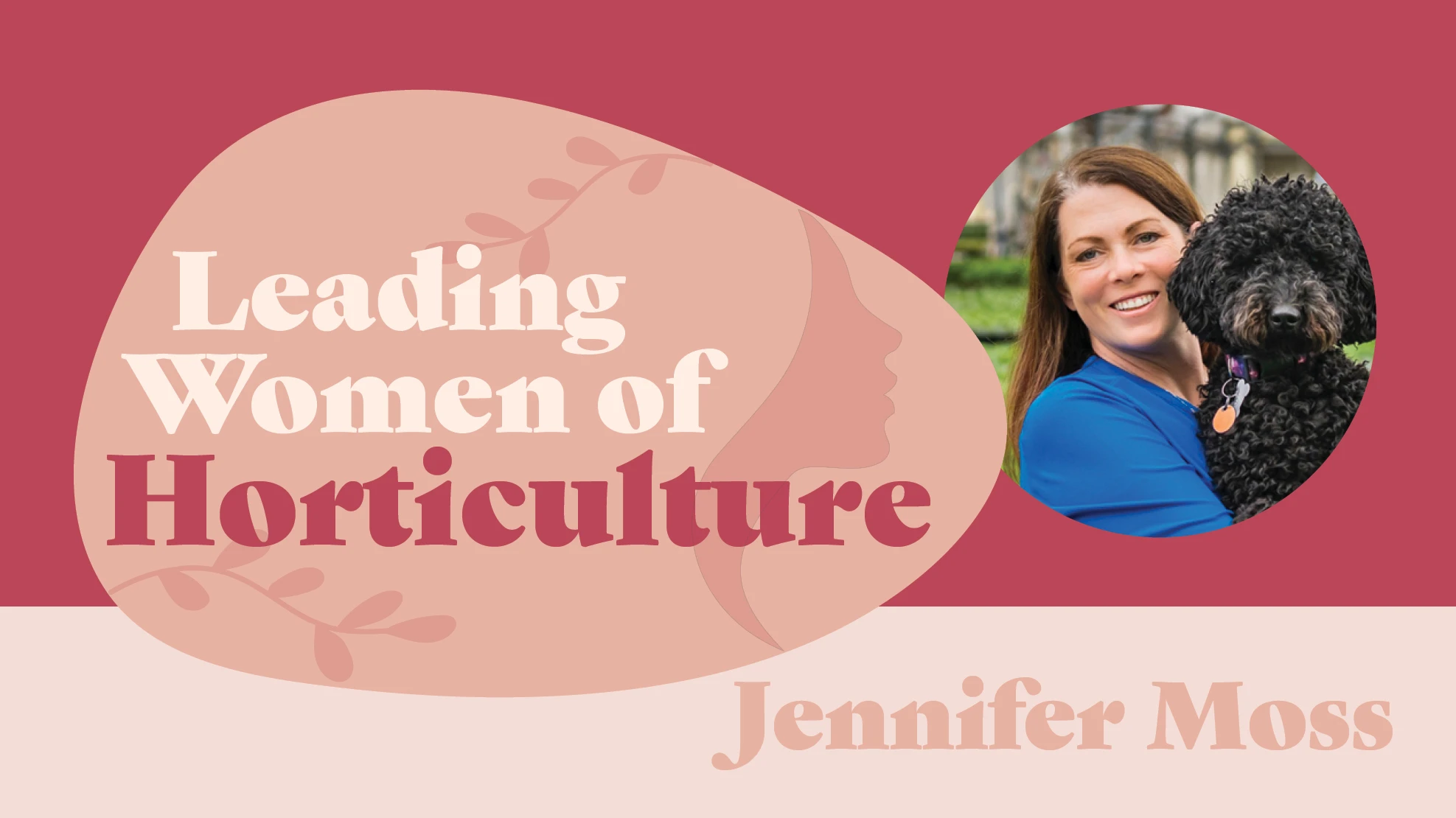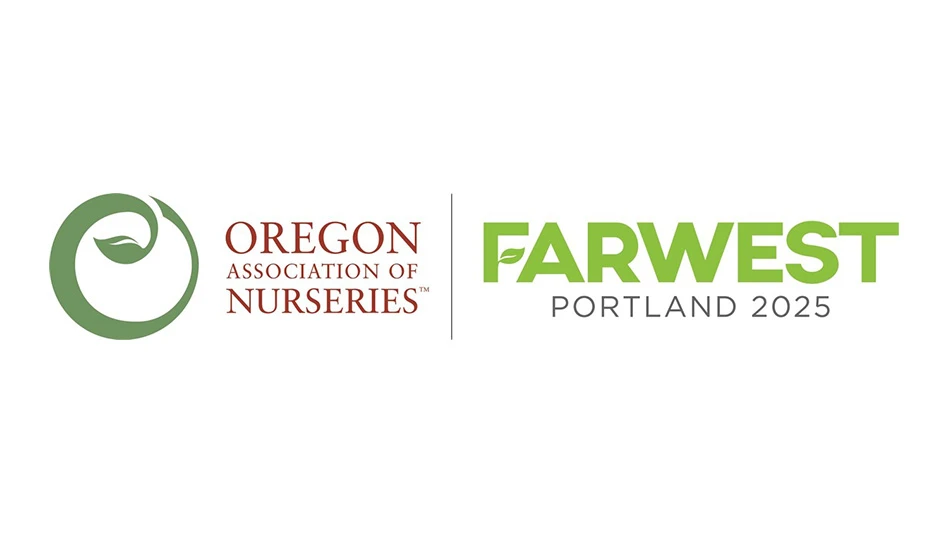
Greenhouse Management: Where does BASF suggest ornamental growers begin when building their insecticide programs for the Spring season?
Jen Browning: Try focusing on functional groups. This makes for a simple way to write an insecticide program. You have five main functional groups when you think about insecticides — oils and soaps, insect growth regulators (IGRs), biological insecticides, targeted conventionals and broad-spectrum conventionals.
Oils and soaps will help disrupt the life cycle of most insects and mites to help delay resistance. Look for highly purified oils, (99% unsulfonated residue) for maximum plant safety under the widest range of growing conditions. IGRs also help with disrupting the life cycle of pests, typically by preventing juveniles from maturing into reproductive adults. Each reproductive adult you remove from the population prevents all their offspring from feeding on your plants, so the effect is magnified.
Even if you don’t run a full biologicals program and think that approach isn’t for you, biological insecticides can enhance the results you get with the rest of your program in sprays you’re going to be making anyway.
Targeted conventionals are great for growers who want to preserve beneficials in their ranges, indoor or outdoor, that are providing them with some biological control as predators or parasitoids.
Broad-spectrum conventionals are the “old school” workhorses of the chemical shed. We’ve lost some of these materials over the years, and the ones we have left must be stewarded carefully because they have an important role in our integrated pest management (IPM) programs.
Why does focusing on functional groups simplify the decision-making process for integrated pest management (IPM) in greenhouses?
JB: Choosing solutions from the functional groups for your pests of interest will automatically start the process of rotating your modes of action (MOAs). It simplifies the process of product selection and can keep you from buying redundant products or missing a key functional group that is a heavy lifter in managing difficult pests.
How has the way growers use broad-spectrum conventionals changed over time?
JB: We tend to not use broad-spectrum conventionals the way we used to for every application and without much thought, but we want to have access to them for the important job they do when we need that hammer. Sometimes you’ll need a rescue application at the height of summer when populations are extremely high, for a difficult or large-bodied pest you can’t otherwise control, or when you need to do a clean-up application prior to changing crops in a range.
What are some of the newer approaches growers are trying in their IPM programs?
JB: Targeted conventionals are the newer generation of conventional chemistries. These active ingredients may cover several groups of insects or mites or they may be very specific, such as Sultan® miticide, which only kills spider mites (Tetranychidae), but not mites in other families. The greatest benefit to these types of chemistries is that many of them preserve beneficials and have better pollinator and non-target safety. The trade-off is that you’ll need to be sure of your pest identification. If you spray broad mites (Tarsonemidae) with a spider-mite-specific product, you won’t see any control.
Which functional group should growers use to reduce everyday ornamental challenges?
JB: Biological insecticides work best for foundational applications made weekly to keep greenhouse pest pressures low. These products can include Beauveria bassiana insecticides like Velifer® fungal contact insecticide/miticide or Nemasys® and Millenium® beneficial nematodes.

Explore the May 2021 Issue
Check out more from this issue and find your next story to read.
Latest from Greenhouse Management
- CEA Alliance celebrates bipartisan introduction of Supporting Innovation in Agriculture Act
- Dümmen Orange North America celebrating 25th anniversary in 2025
- Illinois Landscape Contractors Association changes name to Landscape Illinois
- 2025 Proven Winners Horticulture Scholarship applications now open
- ICL’s Gemini Granular herbicide now registered for use in California
- Eurazeo Planetary Boundaries Fund acquires Bioline AgroSciences
- Spring Meadow Nursery's Freedom Shelley finds joy in plants
- Leading Women of Horticulture: Dana Massey, Plantworks Nursery







